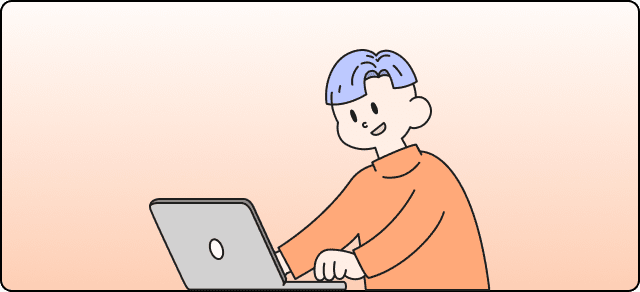“Should” vs. “Should Have PP”: What’s the Difference?
 Engram
Engram
The difference between “should” and “should have pp”
- "Should" is used for present and future expectation, while "should have pp" is for past regret.
- "Should" advises what to do, while "should have pp" looks back at missed opportunities.
- "Should" suggests action, while "should have pp" laments inaction.
Communicate naturally with Engram AI proofreader
What is the definition of “should” and “should have pp”?
Should
- "Should" is a modal verb used to express obligation, recommendation, or expectation.
- It is often used to give advice or suggest a course of action.
- "Should" is commonly used in the present tense to talk about things that are possible in the future.
Should have pp
- "Should have pp" is a modal verb construction used to talk about past events that did not happen as expected.
- It is used to express regret or disappointment about something that could have been done differently.
- The structure is made up of "should have" followed by the past participle of the main verb.
Which is the more popular variant on the Internet?
“Should” is the more popular variant on the web.
More popular
Should
8,770,000,000 results on the web
Examples
- You should study for your exam if you want to pass.
- I should start eating healthier if I want to lose weight.
- He should apologize for his behavior at the party last night.
Should have pp
67,700 results on the web
Examples
- I should have studied more for the exam.
- They should have listened to the weather forecast before planning their outdoor event.
- He should have called his mom to let her know he would be late for dinner.
Want to express yourself confidently?
Engram AI proofreader helps you
communicate naturally
communicate naturally








